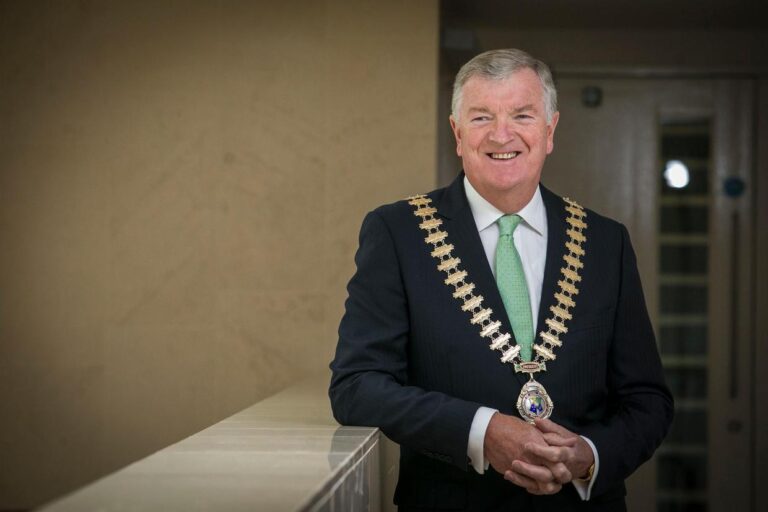John Power says proper debate must take place on energy options to lessen the risk of future blackouts
Sarah Collins Irish Independent
The State should consider building a nuclear reactor to avoid future energy blackouts, the new president of Engineers Ireland has said.
John Power warned of cuts this winter and in future unless Ireland reduces its dependence on UK gas and speeds up offshore wind generation.
“Nuclear most certainly is an option,” he told the Irish Independent ahead of his inaugural address to the professional society on Thursday evening, where he said that a debate on nuclear power should take place “out of the glare of the Joe Duffy Show”.
“The French have been generating 70-to-80pc of their power from nuclear for years and years and years, and it has never been a problem. Are the French total plonkers? I don’t think so.
“I sincerely hope it never happens that we get to the stage where we will have significant challenges in terms of meeting the demand for electricity, and we have not considered the options available to us.
“And there aren’t an enormous number of options available to us.”
Mr Power, who spent three decades working at the ESB, including a stint as head of supply chain management, said foreign investors could begin to doubt “our ability to manage our own affairs” unless the Government gets a handle on energy security.
“We can’t ever give the message or the impression or the feeling, even, that we’re not in control of our own destiny,” he said.
“If we have some courageous political decision-making, without short-termism, we have the potential to get out of this quite well.”
Relying on the UK for 70pc of our gas needs “doesn’t make an awful lot of sense” now that the country has left the EU, he added, saying the British government will “satisfy their own needs first” in the event of shortages this winter.
He said Ireland will need to rely on gas as a back-up source of power, and pointed to the potential for liquefied natural gas to fill that gap.
The Department of the Environment is currently running a public consultation on energy security, including an option for a “strategic” floating LNG terminal for emergency use only.
“We talk an awful lot about these kind of things,” Mr Power said. “We’re delaying the inevitability all the time. People don’t want to make the decision.”
He pointed to the speed at which Germany has procured two floating LNG terminals – out of five for which it has signed contracts – which are expected to be operational this winter. Berlin is also planning two permanent LNG ports.
“That’s the way to do it,” Mr Power said.

